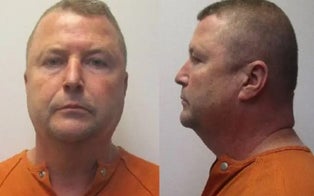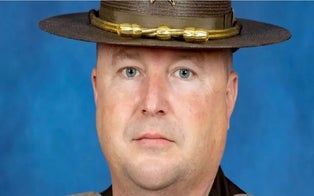Last year, Jayne Butler slept through the holidays.
A California teen who suffers from a disorder referred to as "Sleeping Beauty" syndrome slept through the holidays last year after she had an episode that lasted nearly two months.
Jayne Butler, 19, has Kleine-Levin syndrome, which at times causes her to fall into a deep sleep for extended periods of time. She said she frequently has instances where she sleeps for more than 20 hours a day, but last year she missed Thanksgiving and Christmas after she experienced a particularly bad episode.
“You're not a sleeping beauty and there's nothing beautiful about the disease,” Butler told SWNS. “In the past, it has taken me a month to two months to come completely out of an episode. Your brain is really fuzzy for a while trying to catch up to everything that you missed.”
The incurable syndrome reportedly affects one in 1 million people.
Butler, a college student, describes having vivid dreams while she sleeps, but they aren’t always so pleasant.
“Sometimes my dreams are really good and it's kind of fun because you can almost pause your dream and then wake up and then when you go back to sleep just continue the dream,” Butler said. “But sometimes the dreams are super trippy and scary and it's just terrifying because you can't choose to wake up.”
The teen said she knows when an episode is coming because she begins to lose her vision and her strength.
“I'll just start to feel really weird and then all of a sudden I won't be able to see,” she said.
Doctors have prescribed Butler medicine to help her mental functioning when she comes out of episodes, but the teen said the medication hasn’t been helpful.
“When I do wake up, I'm not with it at all. I'm not conscious,” Butler said. “It's just crazy to think about the fact that even if you aren't with the world, if you're asleep for a month, everything around you is still going. No one stops for you.”
Butler hopes to raise awareness about the syndrome, saying that people are often misdiagnosed.
“Then they get treated with hard drugs that don't even help the KLS at all and just damage them more,” Butler said. “I'd never heard of it until I was diagnosed.”
RELATED STORIES





